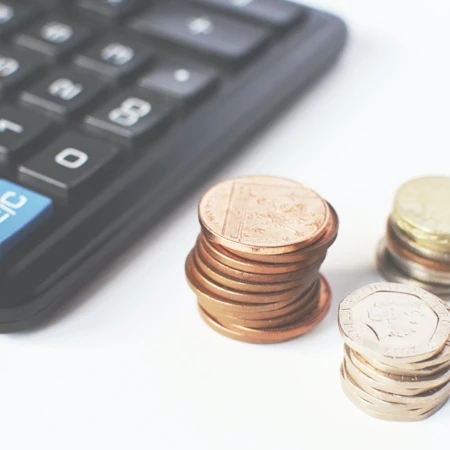Updated 3 March 2021.
In his much-anticipated budget on Wednesday 3 March Chancellor Rishi Sunak announced that the current Stamp Duty Land Tax (SDLT) Holiday, which was due to end on 31 March this year, has been extended.
What is Stamp Duty?
Stamp duty is a tax that governments levy on documents that are needed to legally record some transactions. This includes legal documents such as marriage licences, military commissions, and the sale or transfer of a property. The duty is thought to have originated in Venice in 1604 although it wasn’t introduced in England for another 90 years, in 1694.
Why was Stamp Duty called Stamp Duty?
The clue is in the name. The documents in question had to be stamped with a physical stamp to show that the duty had been paid – without the stamp the document wasn’t legal. The process may have changed over time, but the tax remains the same.
What is Stamp Duty Land Tax?
Stamp Duty Land Tax was first introduced in the UK on 1 December 2003. It’s a transfer tax levied in England and Northern Ireland when ownership of a property passes from one person to another. The devolved administrations of Scotland and Wales set their own property taxes and now apply Land and Buildings Transaction Tax and Land Transaction Tax respectively.
Who pays Stamp Duty?
It is the buyer of the property who pays the Stamp Duty Land Tax in the current system. This tax applies to both freehold and leasehold properties – whether you’re buying outright or with a mortgage. It doesn’t apply to caravans, mobile homes or houseboats.
When is Stamp Duty paid?
Any Stamp Duty Land Tax due is payable to HMRC 14 days from the date of completion or you may risk a fine. Your solicitor or conveyancer should take care of this for you and ensure you don't miss the deadline.
What is the Stamp Duty Land Tax Holiday?
On 8 July 2020 the Chancellor granted a Stamp Duty Land Tax Holiday to homebuyers in England and Northern Ireland. The holiday means that Stamp Duty is not required on any property up to the value of £500,000. Prior to this, duty in England and Northern Ireland was paid on land or property sold for £125,000 or more.
Why is the Stamp Duty Holiday so popular?
As a consequence of the Chancellor waiving Stamp Duty on the first £500,000 of any property purchase, buyers in England and Northern Ireland, depending on the price of their property, can see real savings of up to £15,000 on their purchases.
When will the Stamp Duty Holiday end?
The current Stamp Duty Holiday has been extended from 31 March to 30 June 2021. After this date, the 0% Stamp Duty threshold will be reduced from £500,000 to £250,000 for three months until 30 September 2021. From 1 October 2021, the 0% Stamp Duty threshold will return to £125,000.
From 1 July 2021 onwards, first time buyers will not pay Stamp Duty on the first £300,000 of a purchase.
What are the implications if you’re in the process of purchasing a property?
Any transactions completing after the deadlines will not benefit from the cut in Stamp Duty Land Tax.
How much Stamp Duty will I have to pay?
Our Stamp Duty Calculator is kept up to date with the latest information.
Having a pre-approved mortgage could make all the difference as to whether your mortgage application will complete in time. Please get in touch to find out how we can help you.
How can we help?
Contact us to speak to our friendly team and book your free, no obligation, mortgage consultation with a mortgage broker from our Portsmouth Technopole office. You can rely on our expert support every step of the way to make the whole process as simple, hassle-free, and straight forward as possible.

